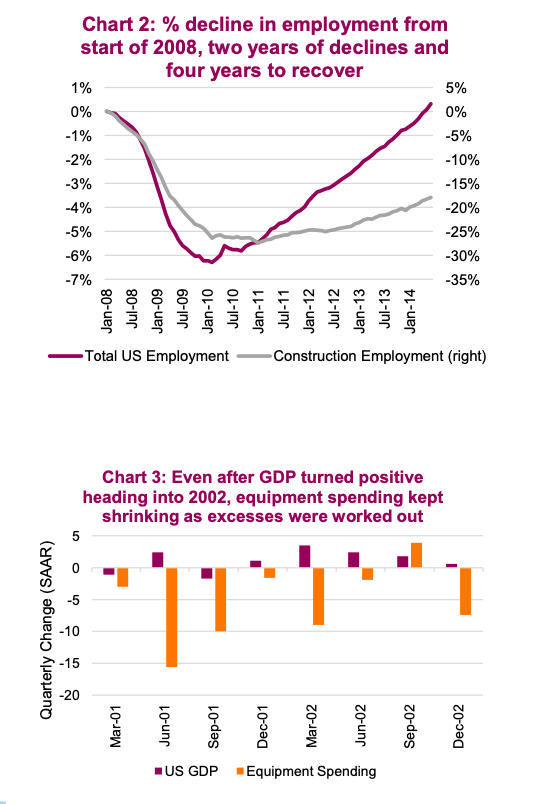

sequential compression devices, which gently squeeze your legs to promote blood return.compression stockings, to wear on your calves or thighs.Your doctor will prescribe medications and techniques to reduce the risk of blood clots after surgery. You won’t be able to move around very much for a while after surgery.Being immobile during surgery can reduce blood circulation, increasing the chance that a clot will develop.Your bones and soft tissue release proteins that aid in clotting during surgery.There is a higher risk of DVT after surgery because: If it reaches the brain, it can lead to a stroke. If it reaches the lungs, it can result in pulmonary embolism. However, a clot can sometimes break off and travel around the body. A clot in the deeper blood vessels is called deep vein thrombosis (DVT). The doctor may prescribe this drug along with other pain medications.Īfter knee replacement surgery, there is a risk of developing a blood clot. This is a newer medication for pain relief that a doctor injects into the surgical site.Īlso known as Exparel, it releases a continuous analgesic to relieve pain for up to 72 hours after your procedure. This may slow your physical therapy and ability to walk. The nerve block can also affect the muscles in the lower leg. However, nerve blocks can still entail some risks.

People who’ve received nerve blocks have reported higher satisfaction and fewer adverse events than those who’ve used a PCA pump. After one to two days, your doctor will remove the catheter, and you can begin taking pain medicines by mouth if you need them. Nerve blocks are an alternative to PCA pumps. This is also known as regional anesthesia. Nerve blocksĪ nerve block is administered by inserting an intravenous (IV) catheter into areas of the body near nerves that would transmit pain messages to the brain. This means you can’t receive more than a certain amount of medication per hour. It is programmed so that it cannot deliver too much. However, the pump controls the dose over time. When you press the button, the machine releases more medication. This machine will allow you to control the dose of your medication. Patient-controlled (PCA) pumps usually contain opioid pain medications. For this reason, a doctor will not prescribe opioid medications for longer than you need. However, taking too many opioid medications can cause: hydrocodone, present in Norco and Vicodin.A doctor will usually prescribe them alongside other options. Opioids can relieve moderate to severe pain. non-steroidal anti-inflammatories (NSAIDs)įind out more about pain medication for a total knee replacement.Your surgeon may choose from various options, including: Rehabilitation and mobility are important because they improve the chances of a positive outcome. Without adequate pain management, you may have difficulty starting rehabilitation and moving around after surgery.


 0 kommentar(er)
0 kommentar(er)
